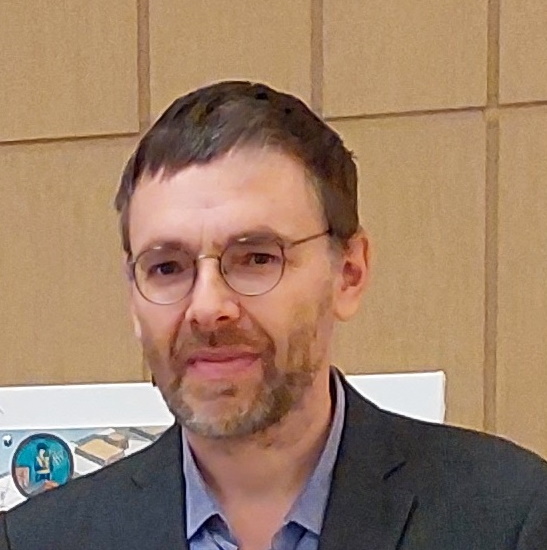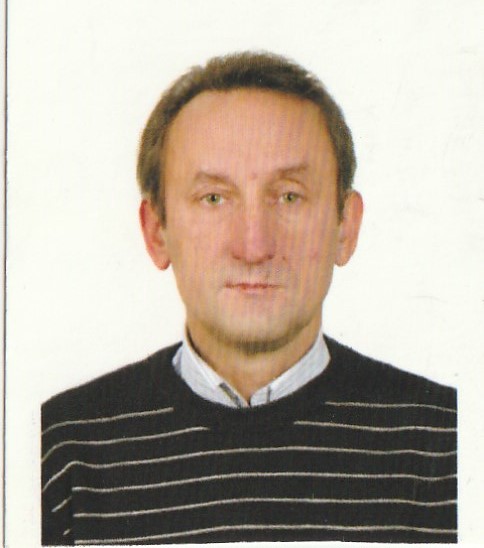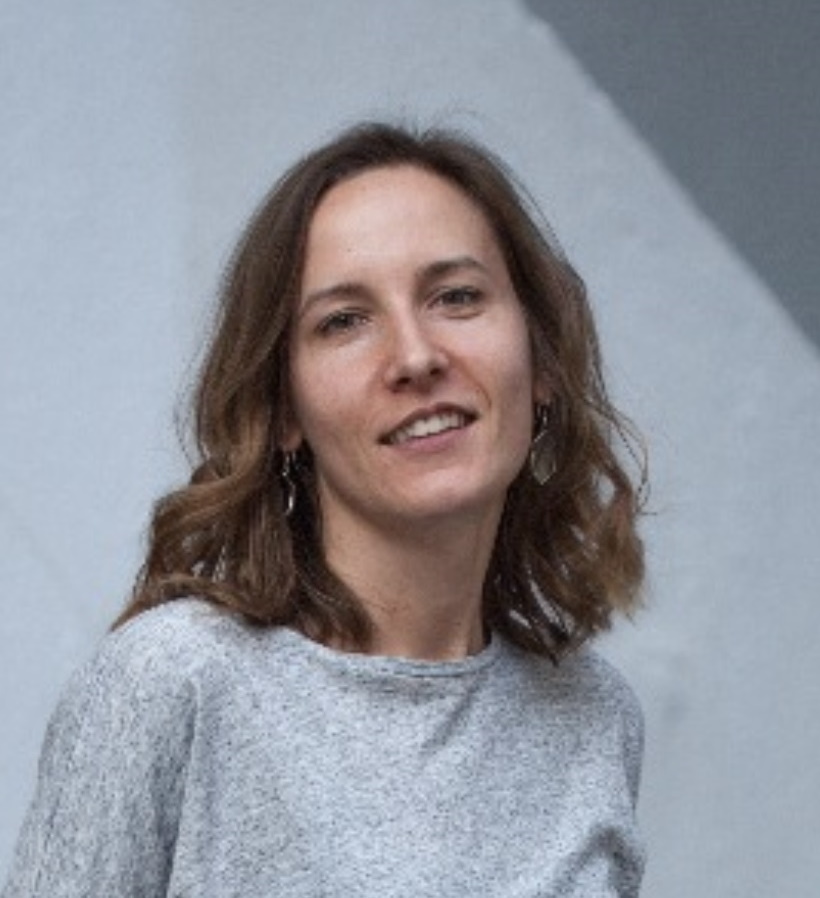The article examines the functioning of Orthodox symbols in the collective memory of Russian society. The authors analyze how sacralization, giving meaning and moral authority to the activities of state institutions, are carried out through religious symbols and narratives. The authors focus on Orthodox symbols depicted in Russian heraldic symbols. They also consider the understanding of the images of the holy Apostle Andrew the First-Called, Great Martyr George the Victorious, St. Alexander Nevsky and public rituals conducted by the church (coronation, canonization, etc.). The article shows that this symbolism and ritual practice are designed to bring into the collective memory patterns of continuity and sacredness of power, to use traditional Christian narratives of victory over evil and salvation to comprehend Russian domestic and foreign policy. The authors consider the symbolism of the ceremony of the coronation of the king and the canonization of the saints, analyze their significance in the collective identity of the subjects. The authors show how, during the transition from the medieval to the modern understanding of politics, in the course of the transformation of the goals of the political field and the differentiation of the spheres of politics, morality and religion, the transformation and secularization of religious meanings and symbols took place and how both of them lost their traditional significance.
Keywords: ipolitics, Orthodoxy, collective memory, symbol, coat of arms, power, coronation, legitimation, sacralization, Alexander Nevsky, George the Victorious, Andrew the First-Called
DOI: 10.22250/20728662_2022_2_94
About the authors
 |
Alexey V. Sitnikov – DSc (Philosophy), Professor of the Department of State-Confessional Relations, Russian Presidential Academy of National Economy and Public Administration (RANEPA); 82 Vernadskogo prosp., Moscow, 119571, Russia; This email address is being protected from spambots. You need JavaScript enabled to view it.). |
 |
Vladimir M. Storchak – DSc (Philosophy), Professor of the Department of State-Confessional Relations, Russian Presidential Academy of National Economy and Public Administration (RANEPA); 82 Vernadskogo prosp., Moscow, 119571, Russia; This email address is being protected from spambots. You need JavaScript enabled to view it. |
 |
Marina V. Storchak – Post-graduate student of the Department of State-Confessional Relations, Russian Presidential Academy of National Economy and Public Administration (RANEPA); 82 Vernadskogo prosp., Moscow, 119571, Russia; This email address is being protected from spambots. You need JavaScript enabled to view it. |






